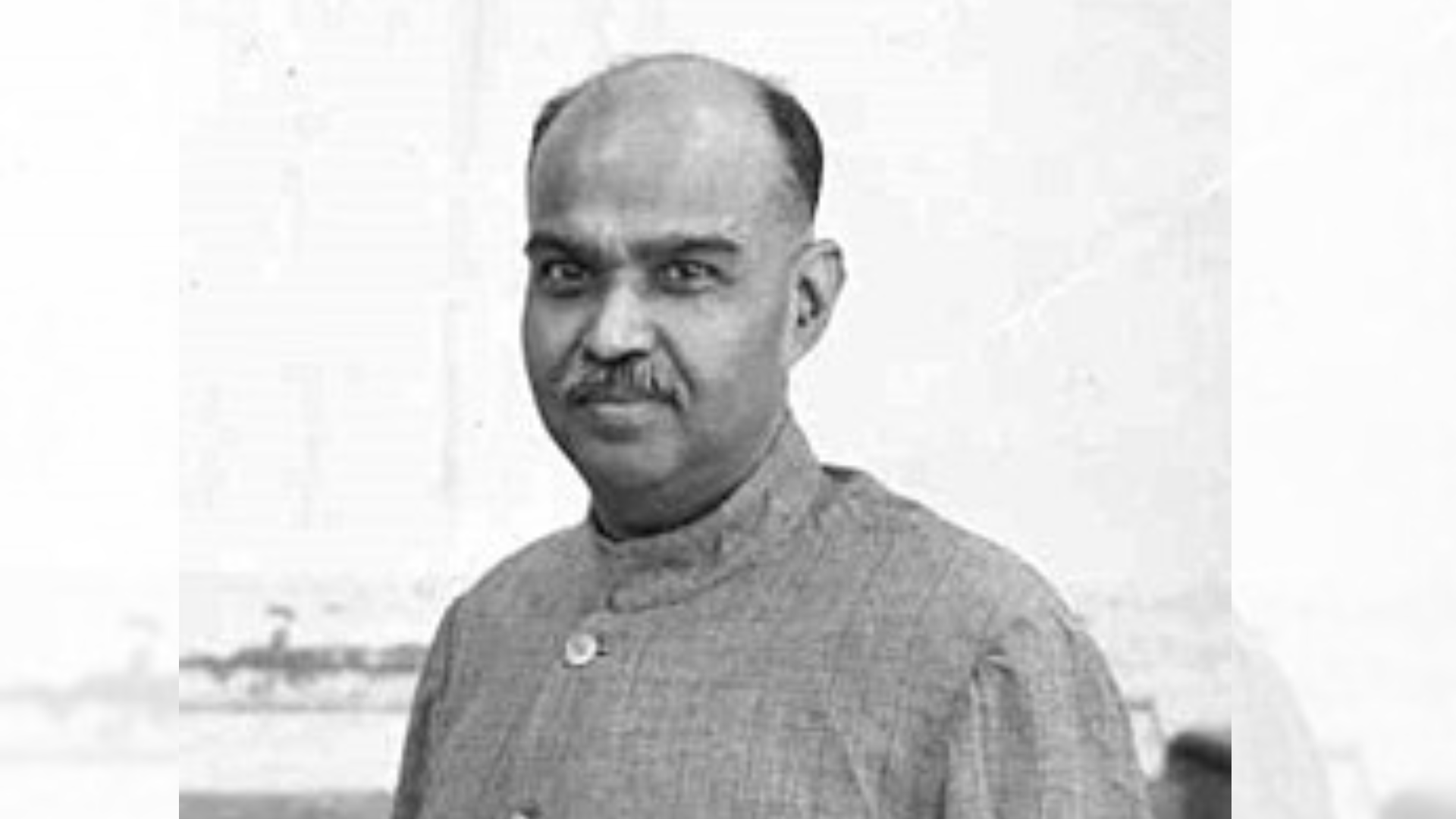June 23, 2025, is the 72nd death anniversary of Dr. Syama Prasad Mookerjee, India’s political and ideological giant. His life was dedicated to nation-building in education, administration, and unflinching nationalism. He was a freedom fighter, a reformer, and the founder of a premier political party. His legacy continues to construct modern India.
Early Life and Academic Brilliance
Born in Calcutta on 6 July 1901, Syama Prasad Mookerjee hails from a family with deep education background and public service. His father, Sir Ashutosh Mookerjee, was a celebrated judge and educationist. Mookerjee was a scholarly man with a law degree, having performed well academically in several fields with his father being his model.
At just 33 years old, he was made the youngest Vice-Chancellor of Calcutta University in 1934. He encouraged Indian languages and upgraded education, setting the groundwork for a progressive academic tradition in those days. His educational philosophy was based on national awareness and self-sufficiency long before India gained independence.
Political Journey: From Congress to Hindu Mahasabha
Mookerjee entered political life as a Congress candidate, contesting the Bengal Legislative Council in 1929. But his ideological conflicts with the party soon forced him into the Hindu Mahasabha, of which he became the president.
In the years of crisis before independence, he was a proponent of dividing Bengal in 1946 as a method of protecting Hindu interests. As communal feelings intensified and from within Pakistan came Muslim League’s demand for undivided Bengal, Mookerjee remained unyielding in his refusal to accept West Bengal as a Hindu state province. His executive competence was also acknowledged during his tenure as Finance Minister of Bengal.
Role in Independent India and Cabinet Resignation
Post-Indian independence, Dr. Mookerjee became the Minister for Industry and Supply in the first cabinet of Prime Minister Nehru. His role was instrumental in defining India’s initial industrial policies, stressing self-reliance and economic strength.
But his nationalist ideas opposed the government’s minority and neighboring nations policy. He opposed the Nehru-Liaquat Pact in 1950 by resigning from the cabinet, believing that it was compromising the security of Hindu refugees fleeing from East Pakistan (present-day Bangladesh).
Founding of Bharatiya Jana Sangh
Dr. Mookerjee’s resignation prompted the establishment of the Bharatiya Jana Sangh in 1951. The party sought to offer a nationalist alternative to the Indian National Congress. Out of cultural nationalism, the Jana Sangh would later develop into the Bharatiya Janata Party (BJP) familiar to us today.
One of his most firm positions was against Article 370, which gave special status to Jammu and Kashmir. He came up with the famous slogan:
“Ek desh mein do Vidhan, do Pradhan aur do Nishan nahi chalenge.”
(One nation cannot have two constitutions, two prime ministers, and two flags.)
The Satyagraha and Untimely Death
Dr. Mookerjee led a satyagraha against the permit system in 1953 which did not include Indian citizens of Jammu and Kashmir. Firm in his conviction that Jammu and Kashmir was an indivisible part of India, he tried to go into the state without a permit.
He was arrested on 11th May, 1953, and on 23rd June, 1953, unfortunately met his death under controversial circumstances in Srinagar detention. His death was a cause of national anguish and continues to be a matter of historical importance and debate.
Syama Prasad Mookerjee’s Enduring Legacy
Seventy-two years on, Syama Prasad Mookerjee’s legacy continues to be inscribed in the script of Indian nation-building. His concept of an integrated, self-sufficient India, his opposition to politics of appeasement, and unapologetic nationalism continue to shape political ideology.
Not just a political figure, he was also a visionary who had envisioned India as a prosperous, well-established cultural, and integrated country. His ideals bring to mind the sacrifices made in the quest for an independent, unpartitioned India.
Conclusion: A Life of Purpose and Patriotism
On his death anniversary, it is necessary to salute Dr. Syama Prasad Mookerjee as a historical figure and also as an inspiration for generations to come. His achievements during his lifetime teach us the importance of honesty, courage, and commitment to national integration. His legacy gives a clarion call to all Indians to follow the ideals of freedom, integration, and good governance.








